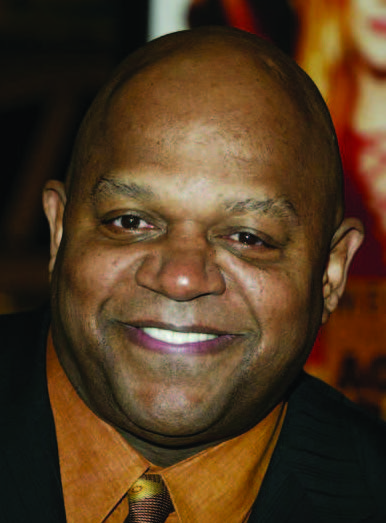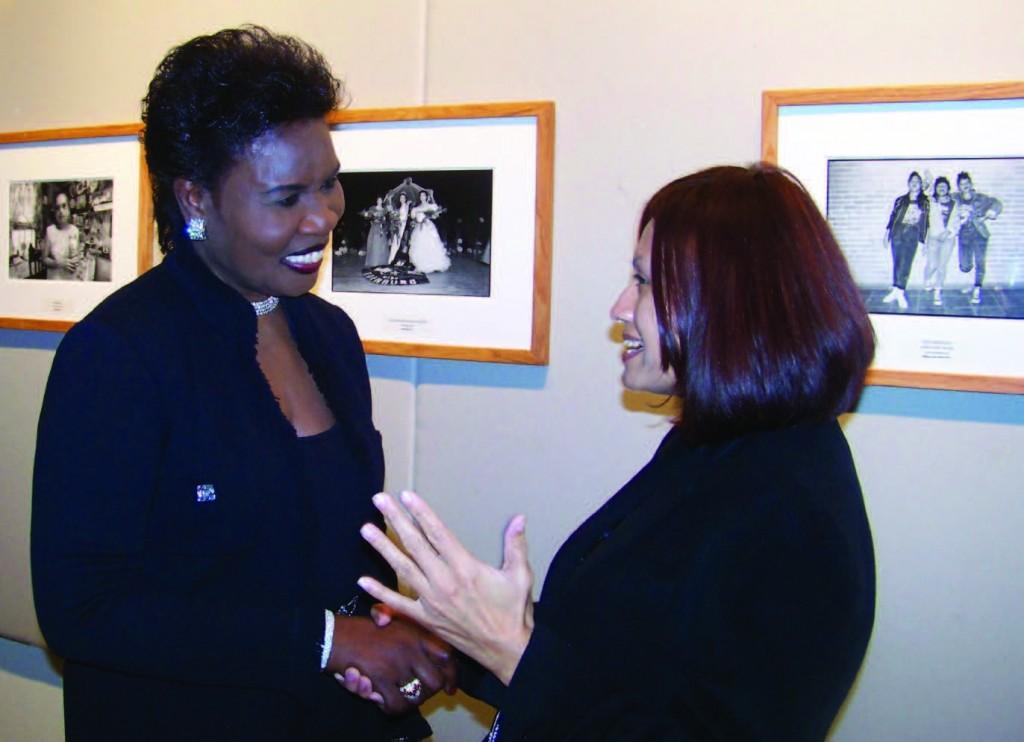By Sandy Hill/reporter

Halloween, Thanksgiving and Christmas mean many students will be eating lots of candy and sugary desserts. Good news for the taste buds, but potentially bad news for the teeth.
A recent conversation with Cindy O‘Neal, assistant professor and coordinator of TCC’s dental hygiene program, revealed some new and maybe not-so-new insights on dental hygiene.
Q. What are the most prevalent problems you see in college-aged students?
The gum diseases gingivitis and periodontitis. Gingivitis is mild inflammation of the gums due to plaque buildup. It is reversible with proper brushing and flossing. Periodontitis is infection of the bone, which goes much deeper. Once you lose the bone and the supporting structures of the teeth, you can’t get that back. You can maintain it, but you can’t get it back. All of these things are preventable just by performing your daily regimen of brushing and flossing.
Q. What is the number one culprit for college students relating to dental health?
Poor nutrition, stress and lack of sleep. Basically, too much sugar and junk food and not enough good nutrition. Vitamin B and C are very important for oral health. Also, many students don’t spend the proper amount of time with oral hygiene. Vitamin C helps with the immune system and fighting bacterial infections. We have bacteria that preside in our mouths all the time. Some are good bacteria, and some are bad bacteria, and if you don’t keep that under control, the bad tends to take over, and that’s what causes gum disease. Vitamin B has a lot to do with the tissue health, keeping your collagen and all those things that make up the tissue healthy.
Q. How can students best take care of their teeth when dealing with issues of stress, poor diet and sleep deprivation?
Brush twice a day for at least two minutes, the longer the better. A powered toothbrush has been shown to be better than a manual toothbrush. Floss at least once a day. Cut back on sodas. Cut back on sugary snacks between meals. Take a multi-vitamin and drink more water. Water Piks are good. They don’t replace flossing, but they do help. They’re really good for people who have braces.
Q. At what age do wisdom teeth typically become an issue, and is it necessary to remove them?
Age 17 to 18 is usually when students start having their wisdom teeth removed. Sometimes students get infections when the teeth don’t have enough room to come in. When the teeth partially come through the gum, it leaves them open to infection getting through and bacteria being trapped around the gum.
Students need an evaluation, a panoramic x-ray to see where the wisdom teeth are and if they are even present. Some people never have them. Some people have plenty of room for them and some don’t. Some people have wisdom teeth that come in sideways, but they may never erupt through the gum.
Q. How do energy drinks adversely affect the teeth?
A lot of people think the energy drinks are healthy, and they are not. Scrutinize the ingredient list. A lot of them are high in acid, which erodes and breaks down the enamel on the teeth. The acid and sugar make for a bad combination.
Q. What is the one thing you would recommend students do differently in their diet to keep their teeth healthy?
Eat more fruits and vegetables. Those have a natural cleansing ability. The coarser the food, the more natural cleansing ability they have. For example, raw apples, celery and carrots have a natural detersive effect that helps clean the teeth.
Q. What about the adage of chewing gum after a meal?
Absolutely, look for things that have the sugar substitute xylitol. Xylitol actually inhibits the bacteria that cause cavities and also increases the saliva flow, which helps clean and buffer the mouth. It has a lot of positive benefits. It has a natural cleansing effect.
Not all sugar-free gums have it, but it should be the first or second ingredient. Any gum is beneficial, but those are better.
Q. If there was one thing you could stress to college students about dental health, what would it be?
Do the preventive things early on, and you’ll have a healthy mouth the rest of your life.
Take care of things early. Don’t let it get out of control. Do your homework. Be sure to brush and floss every day. If you can, go in to see your dentist at least once a year.
When students are trying to work and make money to pay for school and their living expenses, I’m sure dental health is usually one of the last things they really think about. But, that neglect they will pay for later.




























